How the IRC empowers women and girls
Around the world, the International Rescue Committee works to create a world where women are given the chance to succeed. Explore our work.
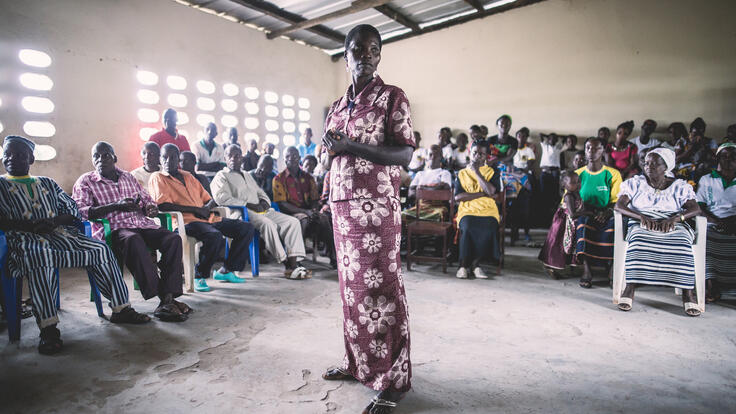
In Ivory Coast, an IRC supported group of 10 women and 5 men observes their village for violent behavior, such as rape and domestic violence, and presents their findings to the village leader to discuss and address the issue. The IRC works to change social norms so women and girls can live free from violence and fully take part in personal, social, civic and economic opportunities. Photo: Christian Bastiansen/IRC
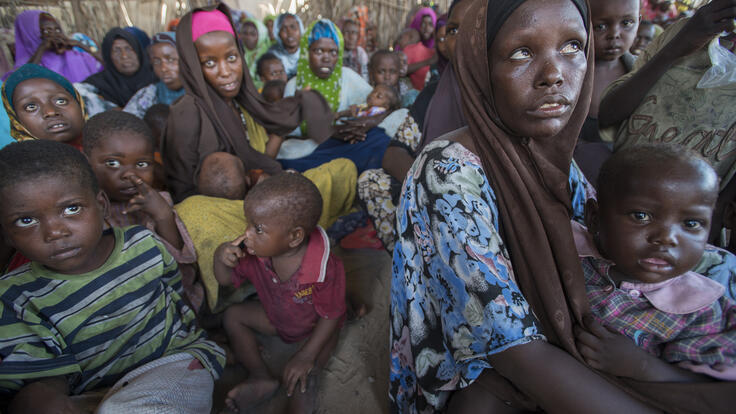
We strengthened the network of health care workers in Somalia to provide better support for survivors of sexual assault and other forms of violence. The IRC provides services like medical care, counseling and legal assistance to women and girls, as well as safe spaces for them to heal with dignity from the physical, psychological and emotional impacts of violence. Photo: Peter Biro/IRC
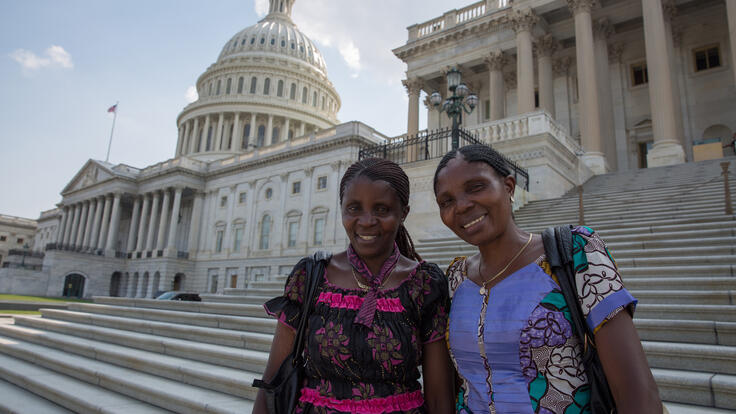
Séraphine Nsekanabo Musanga and Marie Jeannette Nabintu M’Mirindi traveled to the United States to speak about their experiences in the Democratic Republic of Congo mentoring women leaders who are survivors of violence. Supporting women’s groups and leaders promotes women’s rights and underscores the critical role women play in the recovery, resilience and well-being of their communities. Photo: Meredith Hutchison/IRC
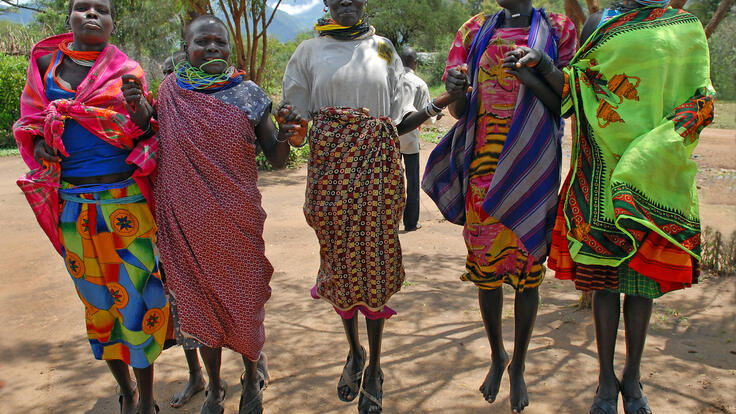
The Karamoja region of northern Uganda has a long history of conflict between warring clans and violence against women and girls. Together, the IRC and a local foundation, Raising Voices, have supported women’s engagement in peacebuilding in Karamoja, Uganda since 1999. Partnering with community, nonprofit and government organizations strengthens the IRC’s ability to effectively address priorities expressed by women and girls. Photo: Peter Biro/IRC
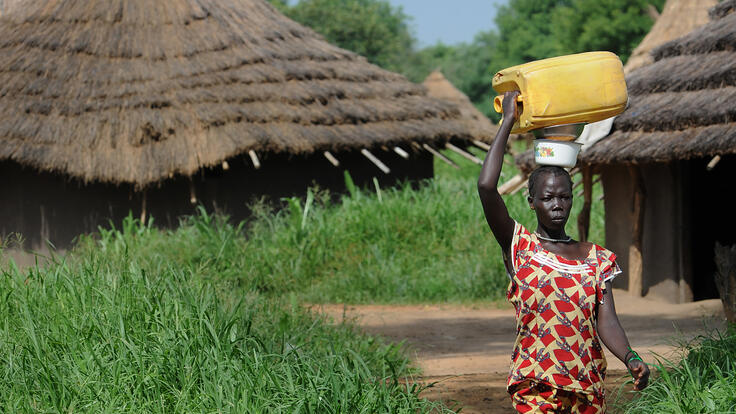
In rural areas of countries like Ethiopia and South Sudan, we worked with local communities to build essential latrines and bathing facilities in areas where women and girls feel safe using them. Photo: Peter Biro/IRC
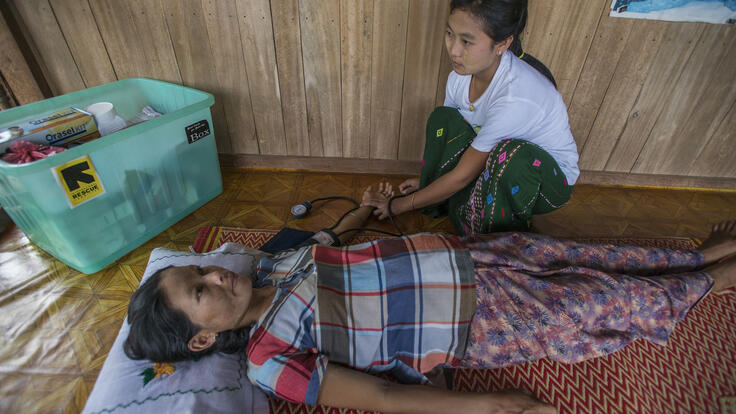
In Chin State, a remote region in western Myanmar, IRC-trained midwives and community health care workers provide women with a broad range of maternal health and family planning services, guidance on proper breastfeeding, and immunizations for their children. Photo: Peter Biro/IRC
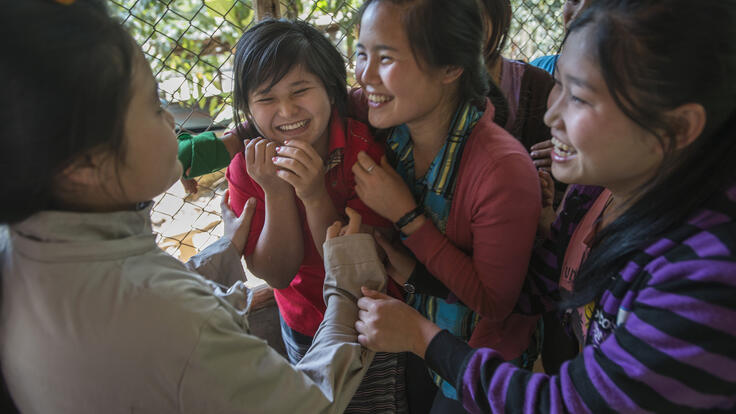
In Ban Mai Nai Soi in northern Thailand, the IRC brings refugee girls together in safe spaces where they can make friends, get health information and access support services. The IRC works with girls to build healthy and productive lives so that they can emerge as leaders and participants in their communities, and be protected from violence. Photo: Peter Biro/IRC
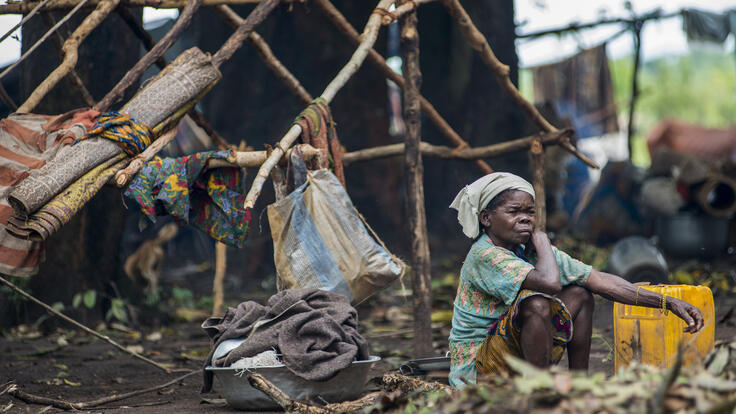
Collecting firewood, searching for clean water, looking after their children — these daily tasks expose women and girls in the Central African Republic to threats of assault, sexual violence and kidnapping. The IRC is providing lifesaving services for women and girl survivors of violence, including emergency kits, counseling and medical referrals. The IRC equips aid workers with the tools and skills necessary to ensure that women and girls have access to these services and are supported while they recover. Photo: Peter Biro/IRC
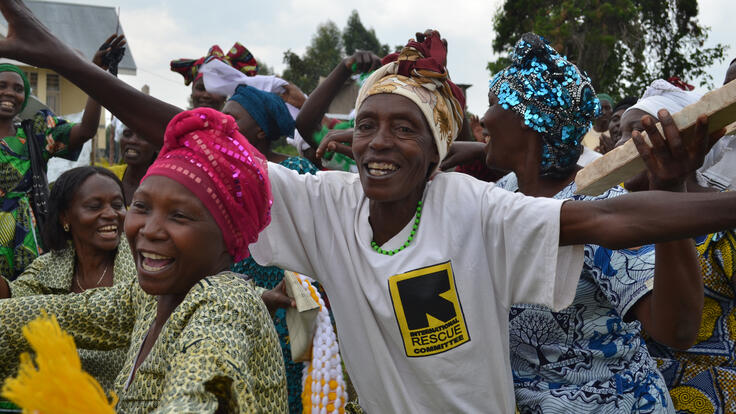
Groundbreaking therapy is helping women overcome the trauma, shame, and depression of sexual violence that left them unable to work or take care of themselves or their families in the Congo. In partnership with leading universities and research institutes, the IRC undertakes cutting-edge research to study the impact of our work and to improve the direction of future efforts on behalf of women and girls worldwide. Photo: Sinziana Demian/IRC
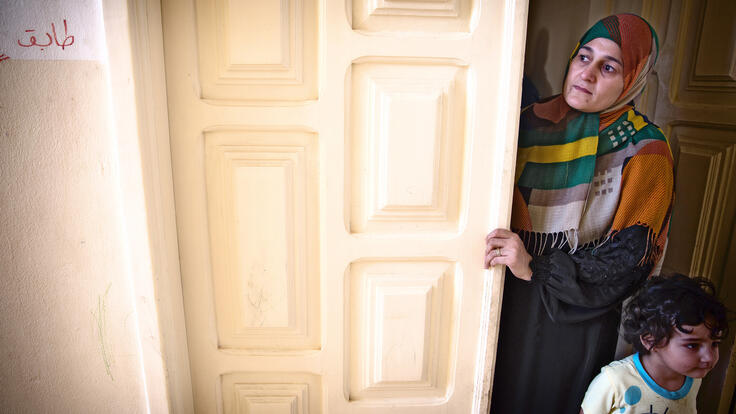
Violence against women and girls tends to spike in times of war and conflict. A recent IRC report amplified the voices of thousands of Syrian women and girls who provided compelling testimonies of sexual exploitation and harassment, domestic violence, and early and forced marriage. The IRC works with women and girls to raise their voices, influence policies and increase international efforts to prevent and respond to violence. Photo: Meredith Hutchison/IRC
Get the latest news about the IRC's innovative programmes, compelling stories about our clients and how you can make a difference. Subscribe